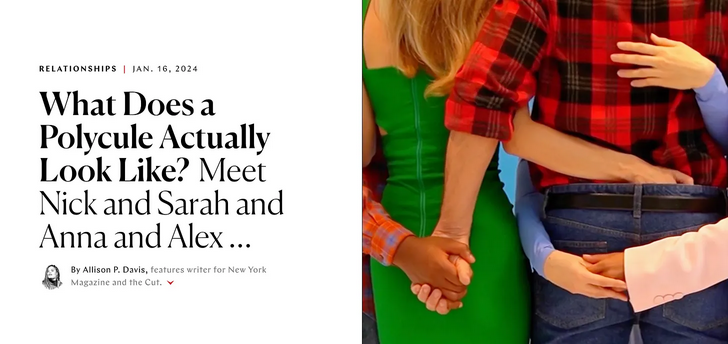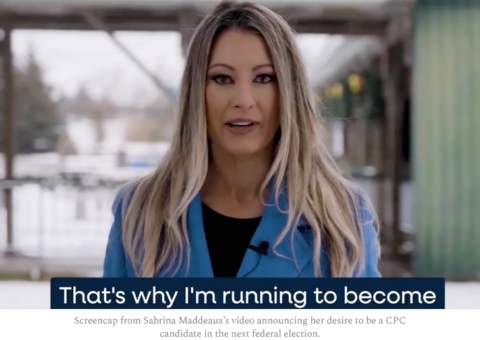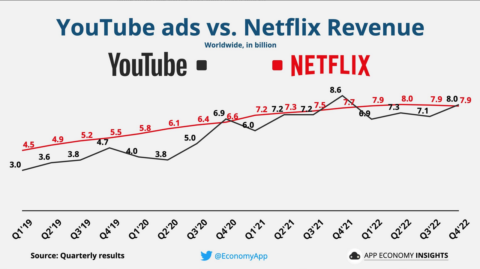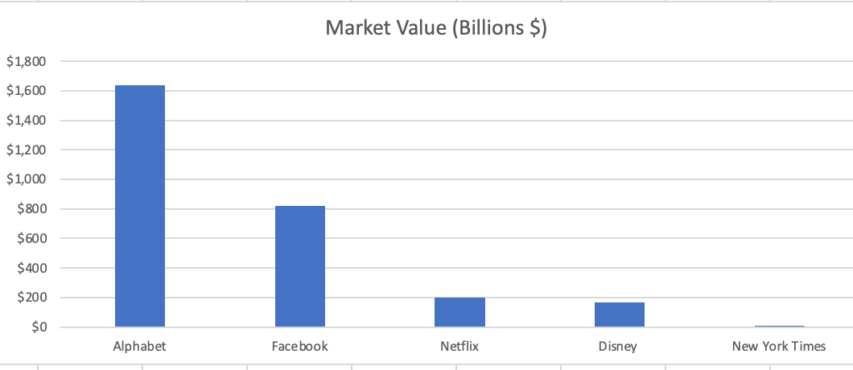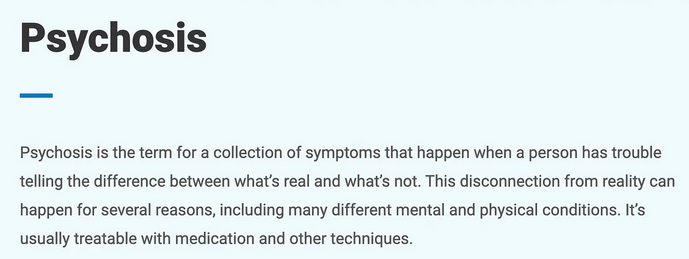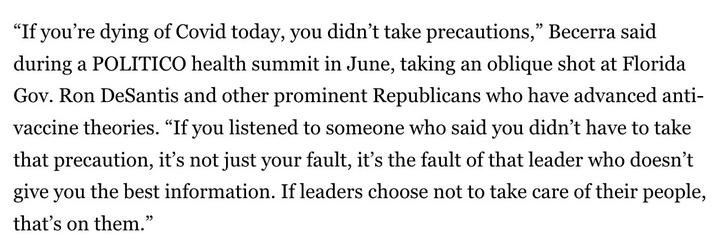One of the first times I encountered the term “polycule” was in joking reference to the pre-prison lifestyle of SBF and his intimate (?) circle and a photo of the seven diverse individuals from the Disney Snow White cast, but as Chris Bray says, it’s suddenly becoming a popular topic in the legacy media:
Sex is a lagging indicator. As the historians John D’Emilio and Estelle Freedman have written, sexual behaviors reflect everything that happens around them: “Political movements that attempt to change sexual ideas and practices seem to flourish when an older system is in disarray and a new one forming.” Radical changes in sexual practices tell you that significant social change is already well advanced, and sex is trying to catch up.
It appears that an older system is in disarray. Polyamory litters the media landscape, suddenly, like a memo went out.
See if you can spot a trend, because the last week has brought big features on polycules and their enthusiasts from New York magazine, the New York Times, and the New York Post. If you live in Brooklyn, have hand sanitizer and a reliable source of Valtrex.
As the Times notes, television and publishing are similarly rushing to join in:
Along with novels, TV shows and movies that depict throuples, polycules and other permutations of open relationships, there is a growing body of nonfiction literature that explores the ethics and logistical hurdles of polyamory. Recent titles include memoirs like the journalist Rachel Krantz’s 2022 book Open: An Uncensored Memoir of Love, Liberation, and Non-Monogamy, and self-help and inspirational books like The Anxious Person’s Guide to Non-Monogamy, The Polyamory Paradox and A Polyamory Devotional, which has 365 daily reflections for the polyamorous.
I’m begging you: read some of this stuff, because you’re not going to believe what I say about it. At least skim the thing in New York; here’s the link again. Here’s a link to the Amazon preview of A Polyamory Devotional, with daily thoughts about mindfulness and relationship structures. Now, armed with evidence, here’s my Big Conclusion:
Reading about this shit is like watching paint dry. It’s astoundingly sexless.
Polyamory turns out to be a front for therapeutic culture and a neurotic love of mirrors. The sexy thing with Alice and Anna and Nick and Sarah involves a lot of checking in and managing expectations and maintaining supportive dialogue. Actual quote from Nick: “Some people like to run marathons. We like to do polyamory, complex relationship stuff. Sarah’s favorite activity for the two of us to do is couples therapy.” You’re jealous of all that heat and pleasure, right? It’s so sexy that it’s like running a marathon. Of talking. With a therapist.

